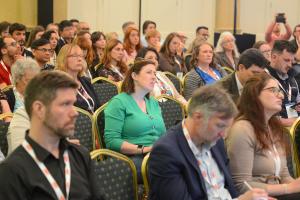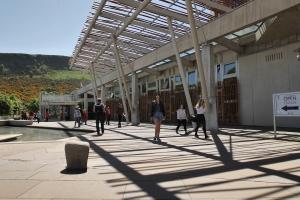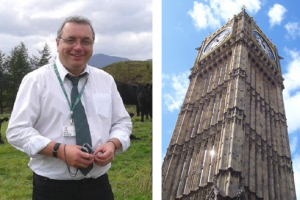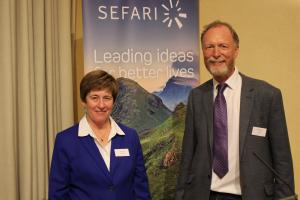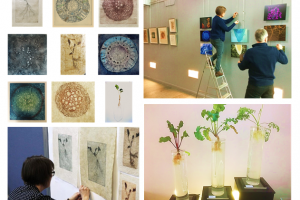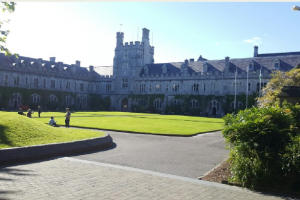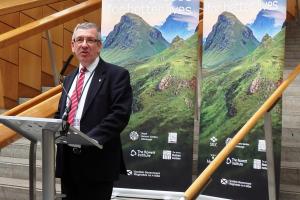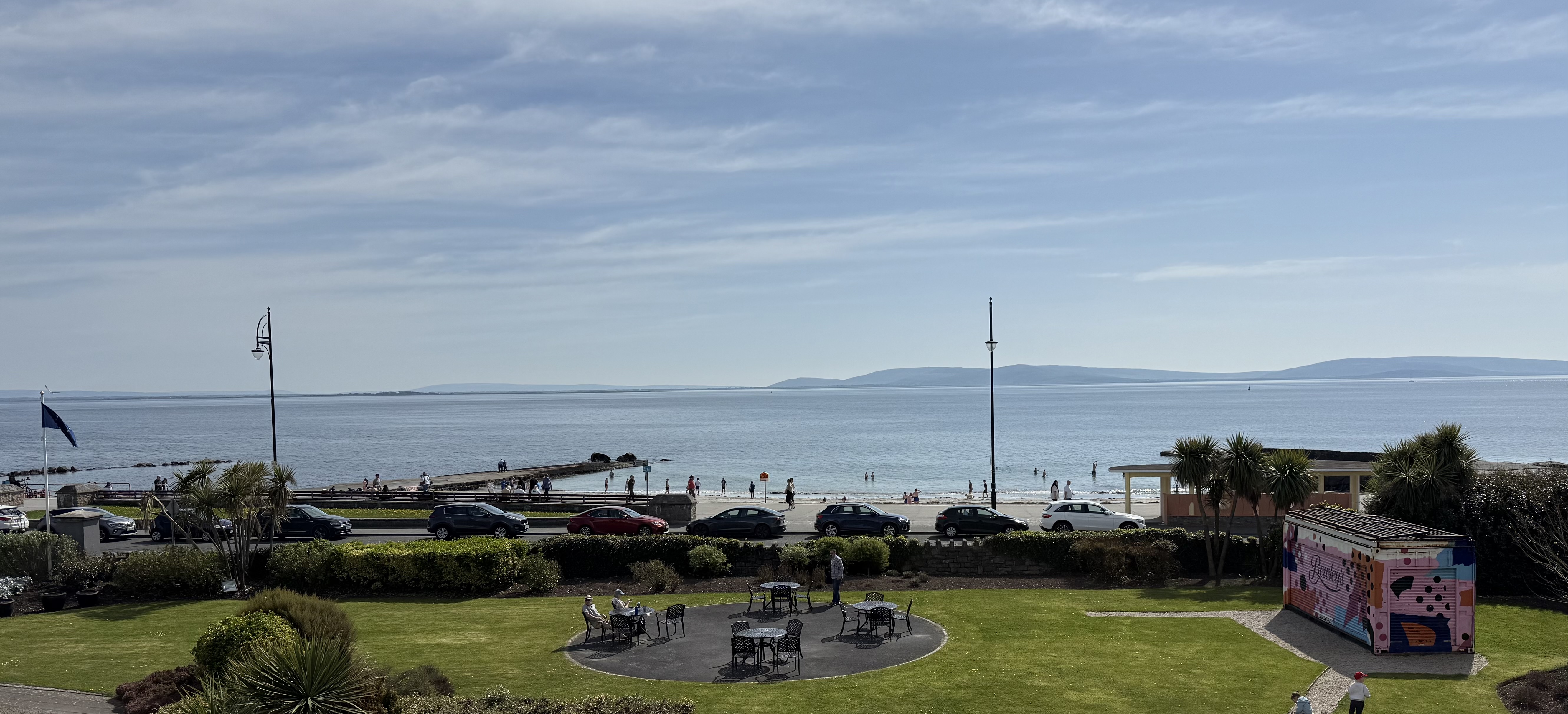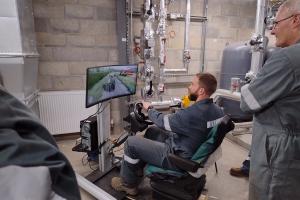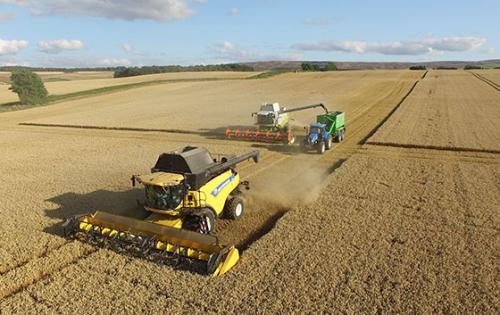
Scotland’s agriculture sector underpins Scotland’s high performing food and drink industry, is at the heart of our rural communities, and provides benefits to wider society. SEFARI provides the research needed for Scotland to improve the efficiency of good food production whilst protecting the environment, rural communities and animal welfare. This is done through developing tools (for example on disease control, welfare and genetics), research, and the capability to think about agriculture in a wider context. We also work with farmers and growers, processors, food companies, health professionals, nutritionists, and economists to find ways to put our research into practice.
Sector Contact

Case Studies
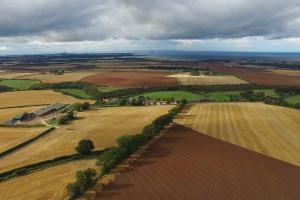
We are pleased that Andrew Barnes and Vera Eory, Scotland’s Rural College are able to discuss the role of precision agriculture in reducing greenhouse gas emissions. This post was originally published by the Scottish Parliament’s Information Centre (SPICe), who commissioned SEFARI to write a series of blogs to stimulate debate on this issue. SEFARI research takes a collaborative approach and looks at this complex and challenging issue from multiple perspectives, including improving animal health, changing dietary intake, and the role of cropping systems to reduce greenhouse gas emissions.
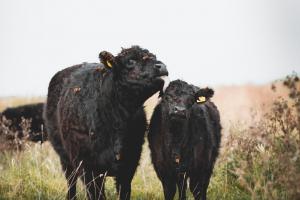
We are pleased that Philip Skuce, SEFARI Gateway and Moredun Research Institute and Michael MacLeod, Scotland’s Rural College are able to discuss how improving animal health can reduce the impact of livestock on climate change. This post was originally published by the Scottish Parliament’s Information Centre (SPICe), who commissioned SEFARI to write a series of blogs to stimulate debate on this issue. SEFARI research takes a collaborative approach and looks at this complex and challenging issue from multiple perspectives, including the role of precision agriculture, cropping systems and changing dietary intake to reduce greenhouse gas emissions.
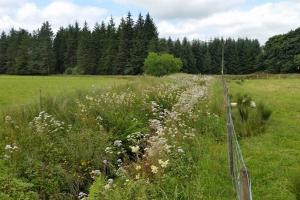
Ahead of this week's Land Use Conference, which has been part-funded by the SEFARI Gateway Responsive Opportunity Fund, we are delighted Professor Davy McCracken can share his recently published thoughts on rewarding the delivery of public goods. The conference takes place on 28-29th November 2018 at Dynamic Earth, Holyrood Road, Edinburgh.
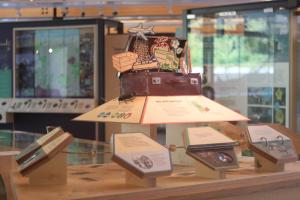
We are pleased that Dr Katy Hayden, Plant Health Officer, Royal Botanic Garden Edinburgh (RBGE), can tell us more about a new interactive public exhibit on plant and animal biosecurity at the RBGE. Katy led a project team who were recently awarded SEFARI Gateway Responsive Opportunity Funds (ROF) to create this display.
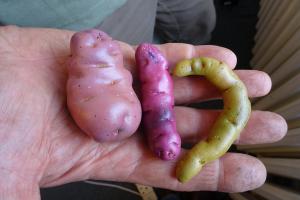
We are delighted that Max Coleman, Science Communicator, Royal Botanic Garden Edinburgh (RBGE), can tell us more about our much loved tatties. Max led a project team who were recently awarded SEFARI Gateway Responsive Opportunity Funds (ROF) to create new displays about protecting potatoes, which are now open to the public at RBGE. The ROF is designed to increase the visibility of the invaluable contributions Scottish Government funded research makes towards sustainable economic growth and improving the lives of people in Scotland and beyond.
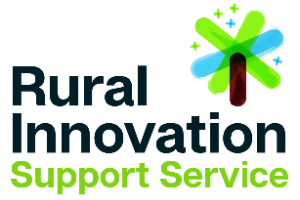
We are delighted that Megan Welford, Farming and Land Use Communications Manager, Rural Innovation Support Service (RISS), can tell us about this new service. RISS is getting the right people together to make a difference to rural businesses across Scotland and they’d like even more researchers to help by sharing their expertise.
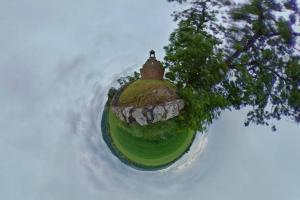
Working in research we regularly need to focus on the detail, but it is still important to take a step back and look at the bigger picture - so for this year’s Royal Highland Show we decided to use technology to help.

We are pleased that Professor Ian Toth, Head of the Plant Health Centre, is able to tell us more about this new virtual centre and why working together is crucial for enhancing Scotland's resilience in the face of threats to arable crops, trees, horticulture, and wild plants. The Plant Health Centre joins three exisiting Scottish Centres of Expertise on climate, water and animal disease.
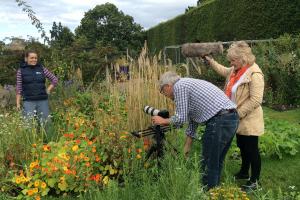
We are pleased that Annemarie Gibson of Circamedia, an Edinburgh-based film and multimedia production company, has provided us with some insights into what excited her whilst learning about SEFARI research and ultimately telling our story on film.
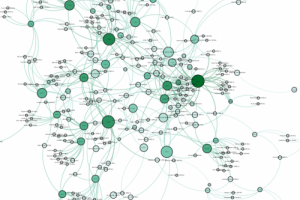
Complex, multidimensional, interconnected data can be extremely difficult to communicate effectively even using classic visualisation tools. Gone are the days when we can just draw a straight line through a 2D scatter graph.
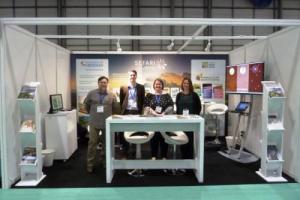
This week SEFARI is heading down south to London to take part in the UK's only food and drink cross-sector event, called Food Matters Live, which is taking place from 21st - 23rd November 2017 at London’s ExCeL.The free to attend event involves around 800 organisations and brings together a wide range of people and companies: food producers and retailers from small and medium enterprises to multi-nationals, UK and international-agencies; non-governmental organizations, research funders, scientists, nutritionists, students, politicians, food campaigners and chefs. Essentially, if you have even a remote interest in food there will be something there for you!
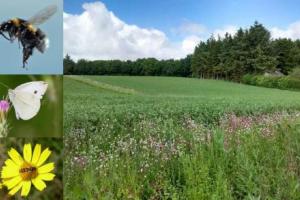
Our farmland environment is made up of a highly complex network of habitats that support an amazing diversity of plants and animals, microscopic soil organisms to farmland birds. Any changes to this intricate network of interactions can be subtle and sometimes unpredictable, so it is important we fully understand how our environment is changing over time.
Pagination
Blog
